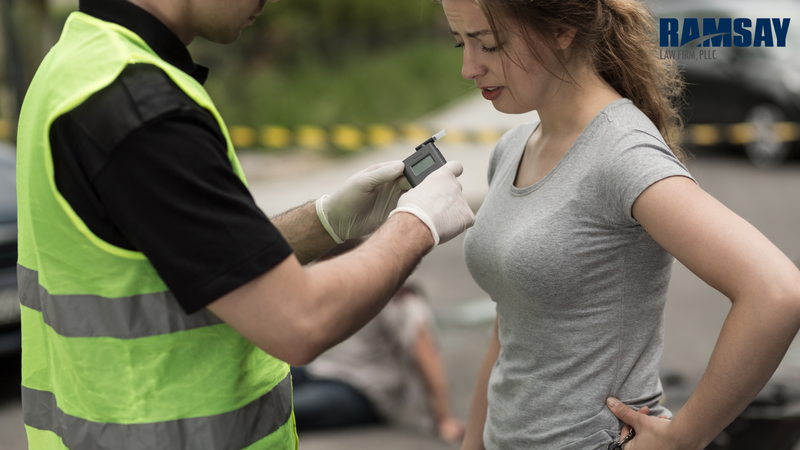State Breath Alcohol Lab Fails to Follow Basic Quality Control Guidelines

I continue to be amazed by the state breath alcohol lab’s failure to enforce basic quality control measures.
Just a few weeks ago, I told you how a senior Minnesota Bureau of Criminal Apprehension (BCA) scientist supported a breath alcohol test even though a proper observation period wasn’t followed. Now, through extensive discovery, I find out that the BCA is willing to support tests where an improper dry gas cylinder has been used.
Earlier this year, a deputy from Olmsted County Sheriff’s office installed a dry gas reference cylinder in one of Minnesota’s breath test machines, known as the DataMaster Transportable (DMT), that was meant to be used for a Preliminary Breath Test (“PBT” - A small, handheld breath test used as a screening test, but generally not admissible in court). Several tests were run with the improper dry gas control, and the BCA said they’ll still support the tests!
Two types of dry gas
The dry gas cylinder is a type of reference material that tells us if the machine is running properly. And there is a huge difference between dry gas made for PBTs vs the DMT.
As I pointed out last week, dry gas has some unique characteristics. One of the problems with dry gas is that it is measured differently by PBTs vs. the DMT. Fuel cell machines like PBTs measure dry gas about 4.5% lower than infrared devices like the DMT.
To overcome this problem, Intoximeters (one of the major manufacturers of dry gas) overfills their PBT dry gas tanks with ethanol. It’s a strange way to overcome the problem because it requires the manufacturer to create two different types of dry gas, one for fuel cell devices and one for infrared devices.
Another option that some manufacturers of PBTs have taken is to program their PBTs to read 4.5% higher when measuring dry gas.
A massive Brady violation
In the deputy’s report, he noted that a PBT dry gas cylinder had been installed in the DMT and that multiple tests had been run. His report also noted that the BCA told him that they would support the tests if they were to go to court.
The BCA is supposed to function as an impartial scientific observer, but instead, they are acting as an arm of law enforcement, covering up mistakes.
It is incumbent upon the state to provide any and all exculpatory evidence.
Instead of covering up for law enforcement, the BCA should be informing the AG’s office and the prosecutors of each test affected. It is their duty to inform the prosecutor of the exculpatory evidence in each of these types of cases.
Note to BCA scientists: your ANAB code of ethics requires you to support the science, not cover up mistakes by law enforcement personnel.
What is to be done?
This is an incredible finding that could open thousands of cases to new litigation.
One thing I’ve learned with the BCA breath lab is that when they hide things, there is usually something bigger beneath the surface. I’ll be drilling through all my files to find out if any of my cases, past or present were affected by improper controls.
If you’ve taken a breath alcohol test anytime since 2012, it may have been affected by the use of an improper dry gas control. Call Ramsay Law to analyze your case. We look at the science, and we get results.

